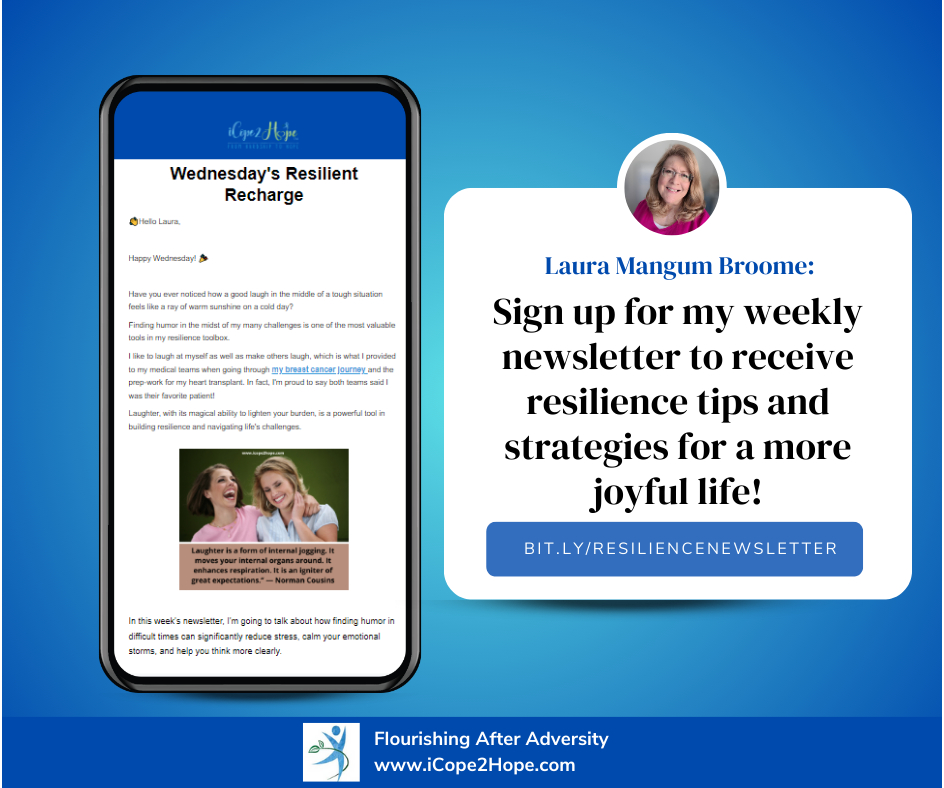3 Tips to Avoid Overthinking and Take Action Now

What is Overthinking?
Overthinking is repeatedly thinking about a situation or problem with no resolution. It involves the phrases "what if...", "should have", "could have", "would have", "if only...", etc. Overthinking causes worry, sadness, anxiety, and depression. It's a continuous loop of negative thoughts which can lead to catastrophizing and pessimism.
I think and think and think, I've thought myself out of happiness one million times, but never once into it. --Jonathan Safran Foer
Growing up, I was a worrier. I worried about anything. If you didn't worry about your situation then I would worry about it for you. If they gave trophies for worriers then I would have a roomful of first place trophies. I even worried about getting ulcers from worrying.
Many years ago, I was worrying out loud to a friend of mine when she interrupted me and sternly said "Laura, you're a ruminator. Either worry about it to yourself or do something about it." I looked at her quizzically "What's a ruminator?" She replied "It's what cows do. You know, they chew their cud over and over." Gross! I knew exactly what she was talking about from helping feed the cattle at my grandparents' farm. Being called a ruminator was eye opening. But how was I going to stop worrying about worrying?
The Serenity Prayer
It took me a while to find ways to stop "chewing on" my thoughts. Then, I came across the Serenity Prayer and I thought this is my owner's manual for life!

Being an anal accountant, my mind began to work in flowcharts. (Yes, I'm THAT old.) According to the Serenity Prayer, my thoughts or problems go into two buckets: accept what I cannot change and have the courage to change what I can.
But wait, where's the third bucket to think about which bucket to put my thoughts in? Oh, that's right. No more overthinking, either accept things as they are or change them.
But taking action might get me out of my comfort zone. What if I fail? What if I look stupid? Stop the overthinking, Laura! (Yes, sometimes Resilient Laura has to yell at Procrastinator Laura.)
Resilient Laura: Do you want to stay a miserable overthinker?
Procrastinator Laura: Of course, not. I hate being miserable. But getting out of my comfort zone is scary. I don't know if I can do it.
Resilient Laura: Yes, you can. You've done it before. I'll help you. We'll take baby steps. You'll learn how to accept or change your circumstances confidently.
Procrastinator Laura: Okay, sounds good. Let's get started and take control of our thoughts!
3 Tips to Avoid Overthinking
1. Keep a gratitude journal. Every day, write down at least three things you are grateful for and why. It could be as simple as a beautiful, sunny day after several cloudy days to getting a raise at work without having to ask for it. Refer to your journal when you begin to worry or overthink. It can be a wonderful reminder how a similar situation worked out in your past.
Being grateful improves your mood which improves your thought process. If you have trouble sleeping because of thoughts swimming in your head, keep a small notebook on your nightstand to jot down your thoughts before sleep. Your thoughts will still be in the notebook when you wake up the next morning.
A negative attitude sees obstacles whereas a positive attitude sees opportunities. An optimist sees obstacles as stepping stones to opportunity.
2. Write your thoughts or problems down in two groups: control and no control. This is where my flowchart mind kicks in. If you're not an anal accountant like me then pull out a piece of paper (or open a notes app on your phone) and make two columns: "What I have control over" and "What I don't have control over". Now list your thoughts or problems in the appropriate columns.
For the items listed in the "no control" column, agree to accept them and toss them out of your mind. For me, I rename this column "God's To Do List" and agree to turn these thoughts or problems over to Him. After all, God is all knowing, all seeing, and He never sleeps. I can't control things but He can.
For the "control" column, prioritize your thoughts or problems for action by importance. In the beginning, I recommend choosing a small but important problem to change that will get you a quick result. By breaking down a problem into baby steps, you'll see progress faster and stay motivated to continue.
To help you with this process, download my FREE iCOPE 5-Step Problem Solving Blueprint below.
3. Stay positive. Changing your negative thoughts to positive ones takes practice but it can be done. Being hopeful isn't just wishful thinking. Being hopeful is taking action to move closer to your goal. When you recognize a negative thought or relive someone's negative comment to you or about you, tell yourself "Stop!" and replace the negative thought with a positive one. Focus on your strengths or talents. With practice, you'll be able to have the positive thought only.
I should also say that being positive can come in the form of sarcasm if it results in humor and not snarkyness (is that a word??). I wrote a blog about this entitled Finding Humor: Being Hairless During Breast Cancer Has It's Advantages.
For more ways to stay positive, read my blog 5 Reasons to Hunt the Good Stuff During Adversity and Change Your Life.
Keep the Growth Going
The COVID shutdown has been very difficult for children, teens and adults. People have experienced loss in so many areas of their lives. Loss of control can bring feelings of helplessness and hopelessness.
Therefore, it is important to identify areas that you do have control. At the minimum you have control over your thoughts and your actions. As I mentioned earlier in this blog, a negative attitude sees obstacles whereas a positive attitude sees opportunities. An optimist sees obstacles as stepping stones to opportunity.
If you are an overthinker, will you choose to stay in your comfort zone and continue to overthink or will you choose to have courage to take action?
Daily Mantra: Hunt the good stuff, find the humor, stay positive, and focus on your blessings. God can bring good out of every situation!
Grab Your Free Guide!
The Reframe the Spiral: 5 Coping Strategies to Shift Negative Thoughts & Reclaim Your Day workbook walks you step-by-step through 5 proven mindset strategies to help you stop negative thoughts in their tracks and reconnect to your strength. You'll learn how to:
- Stop letting your inner critic lead your day
- Discover clarity despite chaos
- Calm intense emotions
- Rebuild your self-trust and confidence
- Create a plan for real possibility
Stay connected with news and updates!
Join our mailing list to receive the latest tips and proven coping strategies to strengthen your resilience. You CAN turn obstacles into opportunities and flourish in life.
We hate SPAM. We will never sell your information, for any reason.



